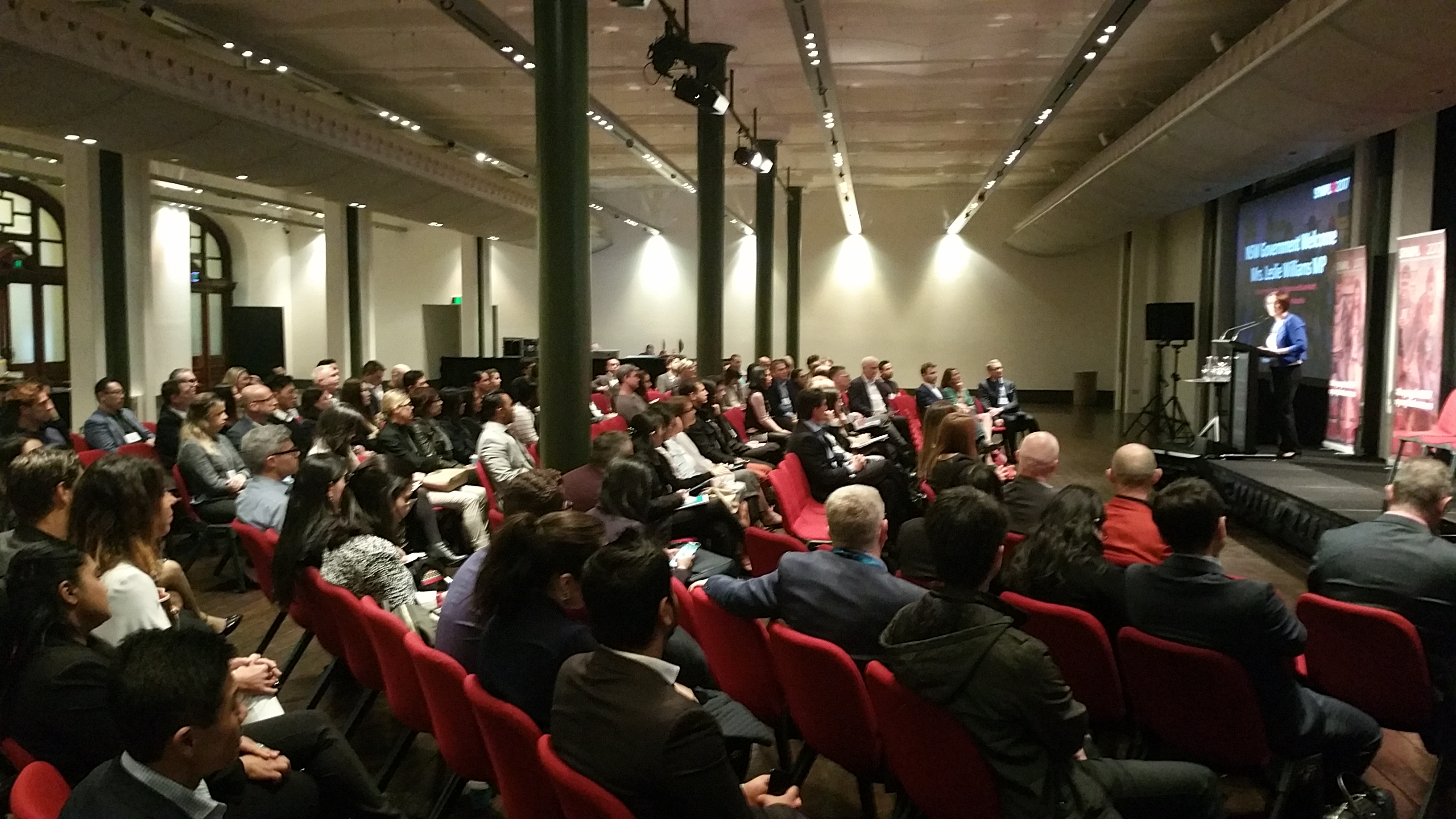The Symposium on Leading Education Recruitment SYMPLED2017 was a great day of thought on education agents and their place in the international education sector in Australia and around the world. MC’d by Brett Blacker CEO of English Australia and opened by Mrs. Leslie Williams MP – the symposium supported by the NSW Government, StudyNSW, was an important forum to start the conversation on the how to get a better dialogue between education agents, government, and industry. Topics of note were;
* Pier Online shared some insights from their current survey of 50,000 education agents on their database. It was estimated there are 7900 agencies in Australia with a workforce of 40,000 in Australia. The average employment for a counselor is 3.5 years. The influence of post-study work rights is a significant factor for many students to choose Australia as a study destination.
* MM Migration Melanie Macfarlane spoke about the fundamental shift by the Australian government away from a ‘demand driven’ immigration model. The work visa changes are due for March next year and will see a radical shift from the current pathways of studying and 485 Graduate visas to further work or residency. The message is to watch this space from January 2018.
* Genuine Temporary Entrant criteria and the confusion that some providers have in applying the concept with no real knowledge of the migration ministerial direction behind it. The government (DIBP) spoke about taking a commonsense approach and targeting students that attempt to stay on student visa beyond what is reasonable for career goals. The subjective nature of GTE was debated and a number of suggestions on moderation sent back to Canberra.
*The panel noted the difference between education agents and migration agents – the difficulty in giving direction on the student visa without breaching ‘migration advice’. Education agents do not want to be migration agents and sit a full test on all visa categories. The suggestion is professional development and recognition of a course in the student visa and eligibility of students to apply for the visa – this would add a layer of consumer protection for students. There is a risk when uninformed education agents advise students on procedures that can cost students their visa and have to return to their country.
* The Department of Education and Training (DET) outlined the rationale of the new agent performance criteria and how this was largely a good news story where 80% of the students are completing their initial course of study. Agents were largely still not convinced that this was an indicator of ‘quality’ of the agent and could not understand why this was to be published. Providers would largely know what agents sent quality students and those who did not.
*The future prospects of the education agent model – thankfully there is still a place for people, although agents must become much more tech savvy and use automation and marketing tools along or be left behind. The large investment in a higher education degree still needed a ‘human touch’ and advice. Mark Lucas of iAE Global warned that agents must embrace change or be left behind. The global models of recognition and size and service aspects of the agency will become increasingly important.
* Mary Pozzobon of Allianz Global Assistance gave some excellent advice for agents on the preparation of students for the realities of living and study abroad and new e-health tools and apps to assist students to cope when things do not go as well as planned.
The consensus of the day lead by Philip Pak of U&IGlobal and from the panel sessions, lead by Rod Hearps from ICEF, was that some sort of association to give agents a voice should be formed but must have recognition from providers and government. It was noted that this has been tried before and must have a different reason for being based on recognised professional training and development.
The real work of trying to put some action behind the topics will now begin in earnest with the support of the agent community and providers.

